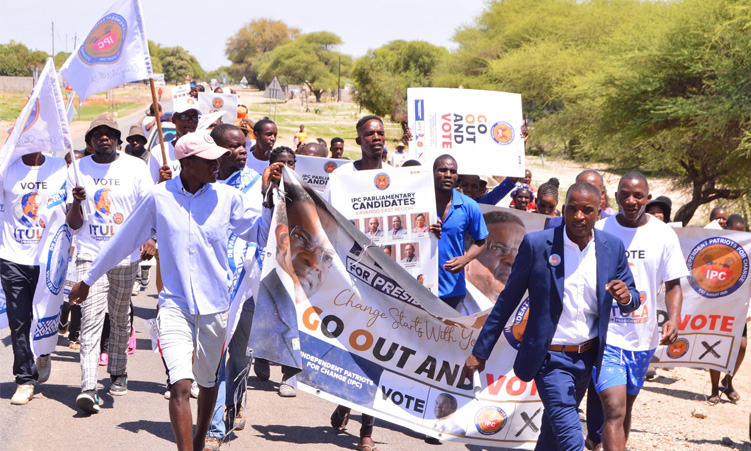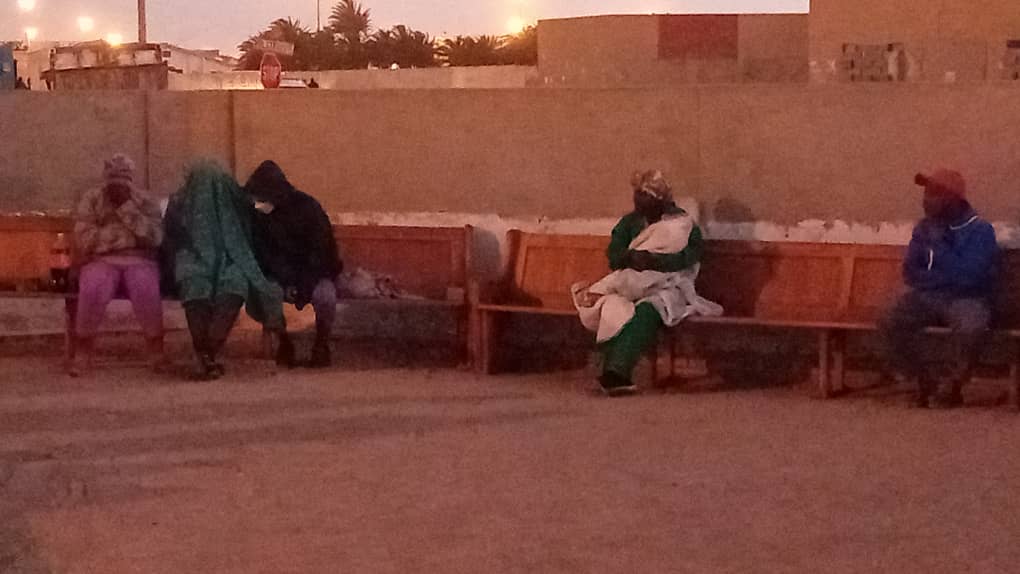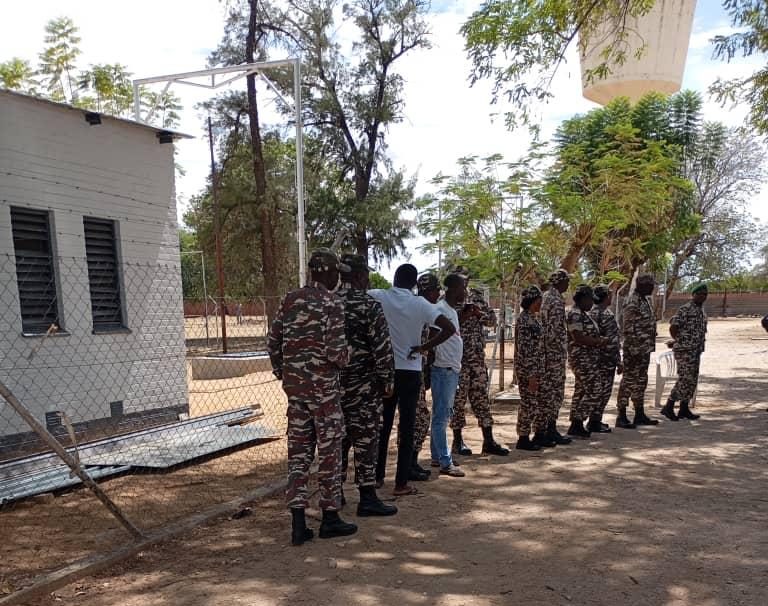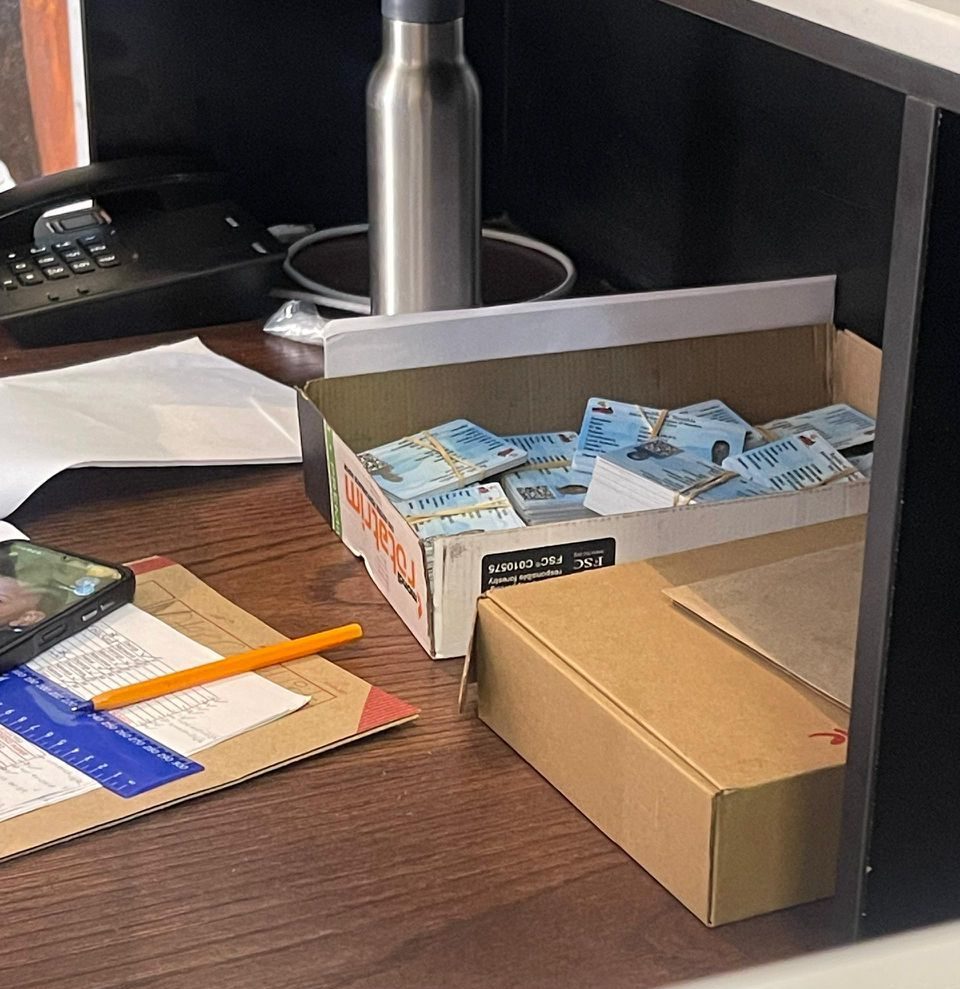A social media poll by The Namibian’s indicates that the majority of respondents are likely to vote for the Independent Patriots for Change (IPC), followed by Swapo.
The Namibian conducted a self-reporting online survey from 21 August to 26 September aimed at gathering insights from voters and promoting awareness and interest in tomorrow’s elections.
No incentive was offered to encourage respondents to participate in the survey and poll results included a disclaimer that the findings should not be considered conclusive, as only a specific segment of the population chose to participate.
A total of 1 458 people took part, with 97.74% indicating that they are registered voters.
The respondents indicated their voting preferences as follows: IPC (47.05%), Swapo (24.28%), Affirmative Repositioning (8.09%), Popular Democratic Movement (7.34%), Landless People’s Movement (5.08%), while 4.39% were undecided.
Political Preference:
•IPC: 47.05%
•Swapo: 24.28%
•AR: 8.09%
•PDM: 7.34%
•LPM: 5.08%
•Undecided: 4.39%
“The demographic of the population participating in this survey can be described as young (25-34), Oshiwambo-speaking men living in the Khomas region (urban areas), earning below N$1 363 per month. This demographic group would likely vote for IPC,” notes the poll report summary.
“The majority of respondents were aged 25 to 34 years (30.45%), followed by those aged 35 to 44 years (27.5%) and 45 to 54 years (18.38%).”
The digital questionnaire was created with the online tool, Survey Nuts. It was distributed on The Namibian’s social media, in the print edition, website and via Desert Radio.
The poll’s summary notes that the majority of respondents live in the Khomas region (43.35%), followed by Erongo (10.77%) and Oshana (10.08%).
The majority of respondents (56.52%) identified Oshiwambo as their mother tongue, while speakers of other languages were significantly fewer.
Almost 70% of the respondents were male, suggesting that men are more open to sharing their voting preferences than women.
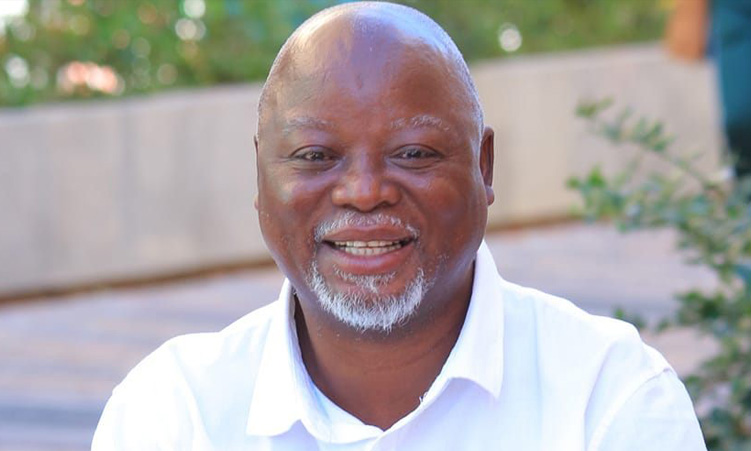
Political commentator Ndumba Kamwanyah says the survey’s limitations make its results less representative of the broader Namibian population.
“The survey was self-selected, meaning only those who chose to respond participated.
This can lead to bias. It may not represent the opinions of people who did not participate, especially those without internet access or who don’t engage with The Namibian,” he says.
He further says the poll may have excluded older adults or groups with limited internet access, skewing the responses toward a younger, more urban demographic since it was conducted online.
“Adding the Namibia Economic Freedom Fighters (NEFF) to the survey late means responses about this party are likely under-represented compared to others, making results for this party less reliable.”
According to Kamwanyah, the survey had a significant gender imbalance and concentration in the Khomas region, as well as a high representation of Oshiwambo speakers, limiting the survey’s ability to reflect the views of women, people in rural areas, or those from other language groups.
“[The survey’s] methodology limits its ability to generalise about national voting intentions. It does not reliably predict election outcomes due to its selective sampling and demographic biases.”
Political analyst Johan Coetzee says the survey is not representative of the population or registered voters.
“No deductions can be made because it is mostly based on three regions and the age group is 25 to 34,” he says.
Coetzee has raised concerns that almost two-thirds of respondents are men.
“Most people that participated represent a small income bracket who may not necessarily be in a position to have access to adequate information about political parties and their manifestos.
“The opinion poll is completely inadequate to be used for any purpose related to validity and reliability and can be perceived as of almost no value, except for highlighting how opinion polls should not be executed.”
EDITOR’S NOTE: This poll is not a comprehensive study, the respondents self-reported without independent verification and no representative sampling was undertaken. The responses would also be limited as the survey was conducted through The Namibian’s social media platforms. Even then, the respondents represent a small section of the news organisation’s followers.
*NEFF was added as a survey option after a court ruling that allowed its participation in the election.
Stay informed with The Namibian – your source for credible journalism. Get in-depth reporting and opinions for
only N$85 a month. Invest in journalism, invest in democracy –
Subscribe Now!


